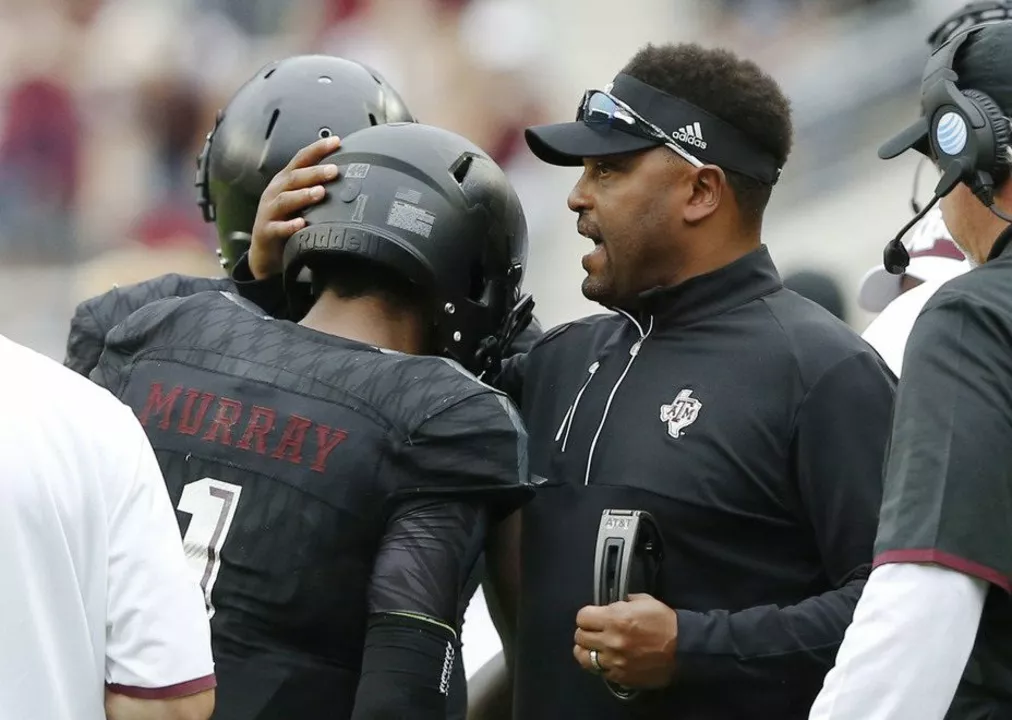How Much More are Coaches Paid than Professional Athletes?
When it comes to salaries in the sports world, there is a common misconception that professional athletes are the only ones making good money. While it’s true that athletes often earn high salaries, coaches also make a healthy living in the sports industry.
The amount of money that coaches make in comparison to professional athletes varies greatly depending on the sport and the level of competition. Generally speaking, coaches in popular sports such as football and basketball make much more money than the athletes they coach. For instance, in the NFL, the average salary for a head coach is close to $6 million a year, while the average salary for a player is around $2 million.
At the collegiate level, coaches tend to make less money than their professional counterparts, although the difference isn’t as significant. For example, the average college football coach makes around $2 million a year, while the average college football player makes around $50,000.
When it comes to sports that aren’t as popular, such as baseball, the gap between coaches and players is much smaller. For instance, in the MLB, the average salary for a manager is just over $1 million a year, while the average salary for a player is around $4 million.
It’s also important to note that, while coaches may make more money than the athletes they coach, they also have to deal with additional responsibilities and pressures. Coaches are responsible for the overall performance of their teams, and they often have to make difficult decisions that can have a lasting impact on their careers. As such, coaches have to be prepared to face the consequences of their actions, both good and bad.
In short, coaches are often paid more than their professional athletes, but the exact amount of money depends on the sport and the level of competition. While coaches may make more money, they also have to deal with a lot more responsibility and pressure. In the end, it’s up to each individual coach to decide if the extra money is worth the extra stress.
Examining the Pay Disparity Between Coaches and Professional Athletes
Sports fans have long discussed the pay disparity between professional athletes and their coaches. While professional athletes are well-paid, they are often out-earned by their coaches. This pay discrepancy can be seen in most major sports leagues, including the NFL, NBA, MLB, and NHL.
The average salary for a professional athlete can differ from one sport to another. In the NFL, the average salary for a player is $2.7 million. That number jumps to $4.9 million for NBA players, $4.4 million for MLB players, and $2.7 million for NHL players. While these salaries may seem high, they pale in comparison to the salaries earned by the coaches of these sports.
The average salary of an NFL coach is $6 million, while NBA coaches earn an average of $5 million. MLB coaches make an average of $3.3 million, and NHL coaches make an average of $2.6 million. This shows that, in most cases, coaches are earning significantly more money than their players.
What causes this pay discrepancy between coaches and players? Part of it can be attributed to the fact that coaches are typically more experienced and knowledgeable than the players they are coaching. Coaches often have years of training and experience in their respective sports, while most players are relatively inexperienced. Coaches also have to manage a team, and their decisions can have a major impact on the team's performance.
Another factor contributing to the pay discrepancy between coaches and players is the fact that coaches are often seen as the face of the team. Coaches are often featured in interviews and press conferences, and they often have a public persona that players do not. This public visibility often translates into higher salaries for coaches.
Finally, coaches are often given more job security than players. Coaches typically have long-term contracts, while players can be traded or released at any time. This job security gives coaches the ability to demand higher salaries.
The pay discrepancy between coaches and professional athletes is a contentious issue in the world of sports. While it is true that coaches often have more experience and job security than players, the gap in pay between the two groups is still significant. It will be interesting to see how this issue is addressed in the coming years.
Exploring the Reasons Behind the Difference in Pay Between Coaches and Professional Athletes
The debate over why coaches and professional athletes are paid differently has been around for years. While there are some obvious differences between the two roles, it is difficult to pinpoint exact reasons for the discrepancy in pay. In order to better understand the differences, let’s explore the factors that contribute to the pay gap.
The Role of the Coach
Coaches are responsible for much more than just teaching athletes the fundamentals of the sport. They must also be motivating, be able to adapt to different personalities and situations, and have an in-depth knowledge of the sport. A coach’s job is to help athletes reach their full potential, both on and off the field. This often requires long hours of preparation and training, which can be physically and mentally demanding. As a result, coaches are typically paid more than athletes.
Skill Level
Professional athletes have to have a higher level of skill and experience than coaches. They have to be able to perform at the highest level and consistently maintain that level of performance. This requires much more practice and dedication than what is expected of coaches. As a result, athletes are usually paid more than coaches for their higher level of skill and performance.
Public Perception
No matter how good a coach is, the public often sees athletes as the stars of the show. Professional athletes are often seen as celebrities, making them more marketable than coaches. This increased visibility leads to higher endorsement deals and sponsorship opportunities, which can significantly boost an athlete’s salary. Coaches, on the other hand, tend to be more behind-the-scenes, and as a result, are not as highly paid.
Risk vs Reward
Professional athletes take on a lot of risk when they sign up to play. There’s always the risk of physical injury, which could end their career. On the other hand, coaches are usually more secure in their positions and don’t have to worry about the physical risks that athletes do. As a result, athletes are usually paid more than coaches to compensate for the risks that they take.
Demand
The demand for professional athletes is much higher than it is for coaches. Professional sports teams are constantly looking for the best athletes to fill their rosters. As a result, athletes are often able to command higher salaries than coaches. This is because teams are willing to pay more money to acquire the best talent.
Market Size
The size of the market also plays a role in the pay discrepancy between coaches and athletes. Professional athletes are often able to negotiate higher salaries because their teams are part of larger leagues with more money to spend. Coaches, on the other hand, often work for smaller teams or leagues and don’t have the same bargaining power as professional athletes.
Investigating the Debate Over Who Should Earn More: Coaches or Professional Athletes?
The debate over who should earn more—coaches or professional athletes—has been ongoing for years. On one hand, coaches are expected to show a high level of skill and dedication in order to train their athletes properly. On the other hand, professional athletes often put in long hours of practice and training to ensure their success. So, who should be paid more?
The answer is not as straightforward as it may seem. Coaches can often be seen as the backbone of a team, as they are responsible for teaching their athletes the necessary skills to succeed. They also often provide the much-needed motivation and emotional support that athletes need to stay focused and driven. As such, they need to be adequately compensated for their hard work.
On the other hand, professional athletes are the ones who put in the hard work and dedicate their time to training and competing. They put in long hours of practice and preparation to ensure they are in peak physical condition. They are also the ones who take the field and face the pressure of competing in front of thousands of fans. Without them, there would be no game.
At the end of the day, it is difficult to determine who should earn more, as both coaches and professional athletes have important roles to play in any team. However, it is important to remember that coaches are just as important as the athletes they train. Without them, the athletes would not be able to perform at their best. Therefore, it is important to ensure that coaches are adequately compensated for their hard work.
Ultimately, the debate over who should earn more—coaches or professional athletes—is a complex one. While both parties play important roles in any team, it is important to ensure that both are adequately compensated for their hard work and dedication. Without coaches, athletes would not be able to reach their potential, and without athletes, there would be no game. Therefore, the debate over who should be paid more is ultimately one that must be carefully considered.






Write a comment
Your email address will not be published